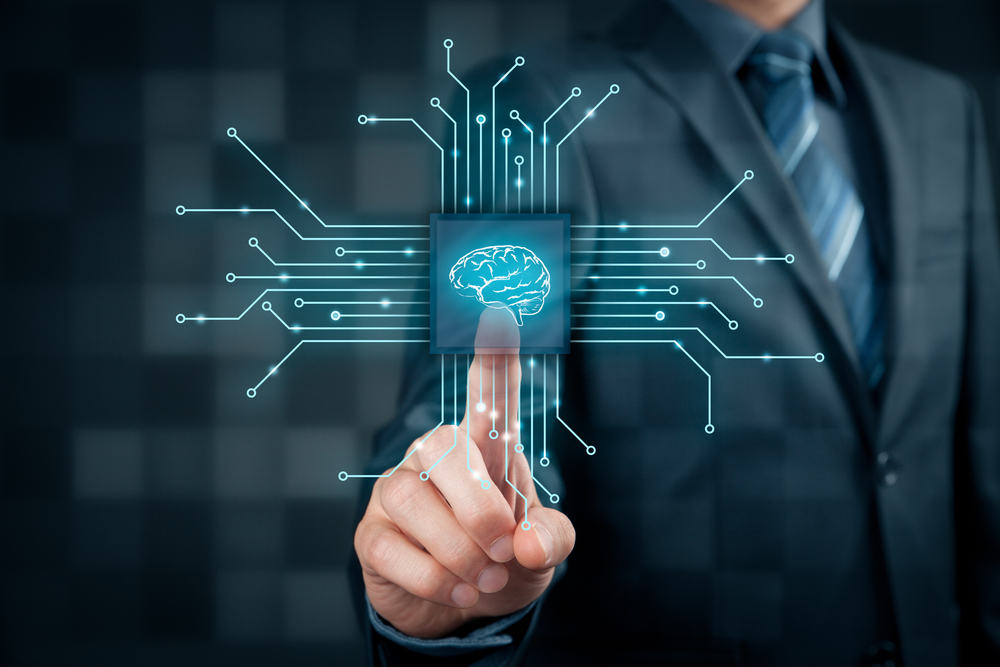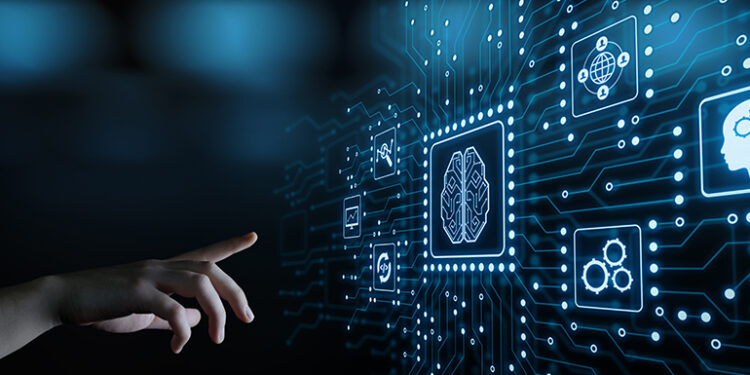Artificial intelligence is a topic that is buzzing throughout education and the tech world. AI is being used to improve student learning and engage students with engaging content. The use of AI in education offers an opportunity to leverage artificial intelligence and create smarter, more personalized educational experiences.
Artificial intelligence can also present challenges in terms of privacy and cybersecurity, and it should be used responsibly. This blog post will explore the role that artificial intelligence plays in modern education, the challenges involved, opportunities offered by AI as well as current solutions available that help implement AI at scale without compromising user privacy or security.

What is Artificial Intelligence?
Artificial Intelligence is a branch of computer science that makes use of tools like Machine Learning, Algorithms, Data Mining, and Big Data to create intelligent systems that mimic human cognitive behaviour and may be reprogrammed to perform a wide range of tasks. Automated tasks are carried out by computer systems that learn to do so through feedback.
These systems are typically programmed with a set of instructions that define the desired outcome. AlphaGo, for example, has a set of algorithms that enable it to play Go, which humans cannot do. The system receives feedback from the game that it uses to learn and improve.
What is artificial intelligence in education?
Artificial intelligence is the use of computers to simulate human-like intelligence. The most common use of artificial intelligence in education is the use of predictive analytics. Predictive analytics uses a computer model to predict a specific outcome.
Predictive analytics is used to analyse data, predict outcomes and suggest insights based on these data. Predictive analytics is an effective method of analysis where it can predict when a student might fail a course, for example. Artificial intelligence is useful for analysing large amounts of data, helping make predictions and suggesting insights.

Limitations of using AI in Education
There are many limitations to the use of AI in education. For example, AI is great at analysing large amounts of data, but it is not able to analyse data in context. This means AI can predict how long a student will take to finish a course, but AI cannot tell us how the student is doing throughout the course.
Another limitation of AI is that it cannot explain the reasoning behind its recommendations or insights. AI is also not able to communicate with students or teachers to assist with learning, so it cannot be used to create interactive content or provide personalized assistance.
Advantages of using AI in Education
AI can help improve student outcomes. AI can be used to improve student retention by helping students learn at their own pace. AI can also be used to assign students with the right level of difficulty for a course. This can help address concerns around equity in education by allowing students who are not as capable to have a more flexible learning experience.
AI can also be used to personalize content for students by allowing them to ‘tag’ content with their interests and preferences. AI can also be used to create engaging content. AI is being used to create more engaging and creative content. AI is being used to generate content that is more human-like, such as generating audio and video content that is more natural and less robotic. AI is also being used to create interactive content such as quizzes and simulations.

Privacy and cybersecurity concerns of using AI in Education
AI used in education has the potential to violate privacy and confidentiality. In many cases, students’ data will be used to create personalized content.
The content generated with students’ data can be used to create targeted ads, generating revenue for educational institutions. This can also lead to concerns about cybersecurity. Student data needs to be protected while being transferred over the Internet. If the data is not protected, it could be compromised and used for hacking or other nefarious purposes.
Limitations while implementing AI at scale
As we mentioned above, AI can predict specific outcomes and make recommendations based on this data. However, AI does not understand the context. When used on a small scale, AI does not have a problem understanding context.
This means that if AI is used on a small scale, it does not pose any issues. The issue comes when AI is implemented on a large scale. When AI is implemented on a large scale, it cannot understand the context and therefore is not able to make any personalized recommendations.
Final Words
Artificial intelligence is a topic that is buzzing throughout education and the tech world. AI is being used to improve student learning and engage students with engaging content. The use of AI in education offers an opportunity to leverage artificial intelligence and create smarter, more personalized educational experiences.
Artificial intelligence can also present challenges in terms of privacy and cybersecurity, and it should be used responsibly. This blog post will explore the role that artificial intelligence plays in modern education, the challenges involved, opportunities offered by AI as well as current solutions available that help implement AI at scale without compromising user privacy or security.









